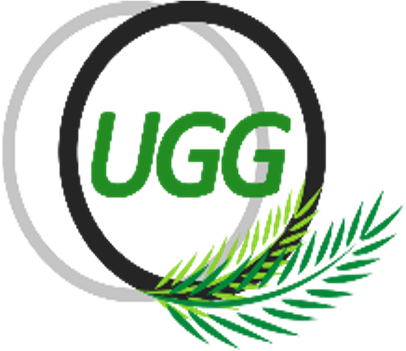CERTIFICATION
MS2530:2022
The MS 2530:2022 was created with significantly different industry baseline information on sustainable oil palm management techniques than its predecessor. Large industry participants were the only ones to implement sustainable certification of oil palm in 2013. However, because of the foundation laid by MS 2530:2013, the updated Malaysian Sustainable Palm Oil (MSPO) standards were introduced in 2022 with a capacity to execute sustainable practices as well as a greater understanding of them than before.
The MS 2530:2022 is further subdivided into eight (8) distinct pieces, while maintaining its four primary elements. This was done to accommodate the disparities in the size and capability of the MSPO implementers.
The scope of the 8 parts of the MS 2530:2022
MS2530-1:2022 – MSPO Part 1: General Principles. Part 1 lists the general principles of the Standards. It provides the framework for the other parts and includes terms and definitions used throughout the Standards. Part 1 does not contain requirements used to assess conformity.
MS2530-2-1:2022 – MSPO Part 2-1: General Principles for Independent Smallholders (less than 40.46 hectares). Part 2-1 contains requirements used to assess conformity for independent smallholders against the MSPO. These independent smallholders are categorised as individual farmers who won or lease less than 40.46 hectares (100 acres) of an oil palm smallholding and manage the smallholding themselves.
MS2530-2-2:2022 – MSPO Part 2-2: General Principles for Organised Smallholders (less than 40.46 hectares). Part 2-2 contains requirements used to assess conformity for organised smallholders against the MSPO. Organised smallholders are individual farmers who own, or lease less than 40.46 ha of an oil palm smallholding, and the holdings are managed by government agencies such as FELDA, RISDA, FELCRA, SALCRA, SLDB, and other organisations
.MS2530-3-1:2022 – MSPO Part 3-1: General Principles for Oil Palm Plantations (40.46 hectares to 500 hectares). Part 3-1 contains requirements used to assess conformity for small oil palm estates between 40.46 ha to 500 ha against the MSPO.
MS2530-3-2:2022 – MSPO Part 3-2: General Principles for Oil Palm Plantations (more than 500 hectares). Part 3-2 contains requirements used to assess conformity for large oil palm estates/plantations with areas of more than 500 ha against the MSPO.
MS2530-4-1:2022 – MSPO Part 4-1: General Principles for Palm Oil Mill Including Supply Chain Requirements. Part 4-1 contains requirements used to assess conformity for palm oil mills against the MSPO. This standard contains requirements for sustainable management as well as supply chain requirements.
MS2530-4-2:2022 – MSPO Part 4-2: General Principles for Palm Oil Processing Facilities Including Supply Chain Requirements. Part 4-2 contains requirements used to assess conformity for palm oil processing facilities, such as crude palm oil (CPO), palm kernel (PK), and other oil palm products processing facilities, against the MSPO. This standard contains requirements for supply chain requirements as well as introducing sustainable management practices requirements.
MS2530-4-3:2022 – MSPO Part 4-3: General Principles for Dealers Including Supply Chain Requirements. Part 4-3 contains requirements used to assess conformity for fresh fruit bunch (FFB) dealers and palm oil traders against the MSPO. Organisation in this category is all types of dealers under MPOB Licensing, including exporters and importers that purchase and sell oil palm products that do not change the chemical properties of the materials. This standard contains requirements for sustainable management as well as supply chain requirements.
ISO9001:2015
What is ISO 9001?
ISO 9001 is defined as the internationally recognized standard for Quality Management Systems (QMS). It is the most widely used QMS standard in the world, with over 1 million certificates issued to organizations in 178 countries.
The key to any successful business is strong quality control. If you want your operation to thrive, your potential consumer base must be confident that the goods or services you offer meet or exceed expected standards. ISO 9001 is a quick and easy way for potential consumers to see if your company has put the time and effort into making sure your product or service is the best it can possibly be.
ISO 9001 sets the international standard for companies looking for ways to meet or exceed quality control metrics. At the same time, it helps consumers distinguish between companies, allowing them to make educated choices when choosing a vendor. It does this by identifying best practices for each industry, standardizing those practices and promoting adherence to those practices.

ISO 14001: Environmental Management Systems (EMS)
What is ISO 14001?

ISO 14001 is the international standard for environmental management systems (EMS) and the most widely used EMS in the world, with over 360,000 ISO 14001 certificates issued globally.
ISO 14001 is the principal management system standard which specifies the requirements for the formulation and maintenance of an EMS. This helps to control your environmental aspects, reduce impacts and ensure legal compliance.Nearly any business can benefit from achieving certification to ISO 14001 standards. The certification is broad enough to offer significant benefits to organizations in any industry or sector, while still providing a specific framework for implementing relevant sustainable practices.There are many ways to go about implementing an across-the-board environmental management policy, but the best way is to become certified to ISO 14001. ISO 14001 certification provides you with immediate credentials that you can use to grow your business in an environmental and economically sustainable manner.
ISO45001: OCCUPATIONAL SAFETY & HEALTH MANAGEMENT SYSTEM
What is ISO 45001?
ISO 45001 is the world’s international standard for occupational health and safety, issued to protect employees and visitors from work-related accidents and diseases. ISO 45001 certification was developed to mitigate any factors that can cause employees and businesses irreparable harm.
Its standards are the result of great effort by a committee of health and safety management experts who looked closely at a number of other approaches to system management ISO 45001 has the ultimate goal of helping businesses provide a healthy and safe working environment for their employees and everyone else who visits the workplace.
This goal can be achieved by controlling factors that could potentially lead to injury, illness and — in extreme situations — even death. As a result, ISO 45001 is concerned with mitigating any factors that are harmful or that pose a danger to workers’ physical and/or mental well-being. ISO 45001 represents a landmark breakthrough. For the first time internationally, businesses of all sizes can now access a single framework that offers them a clear pathway to developing better and more robust occupational health and safety measures.
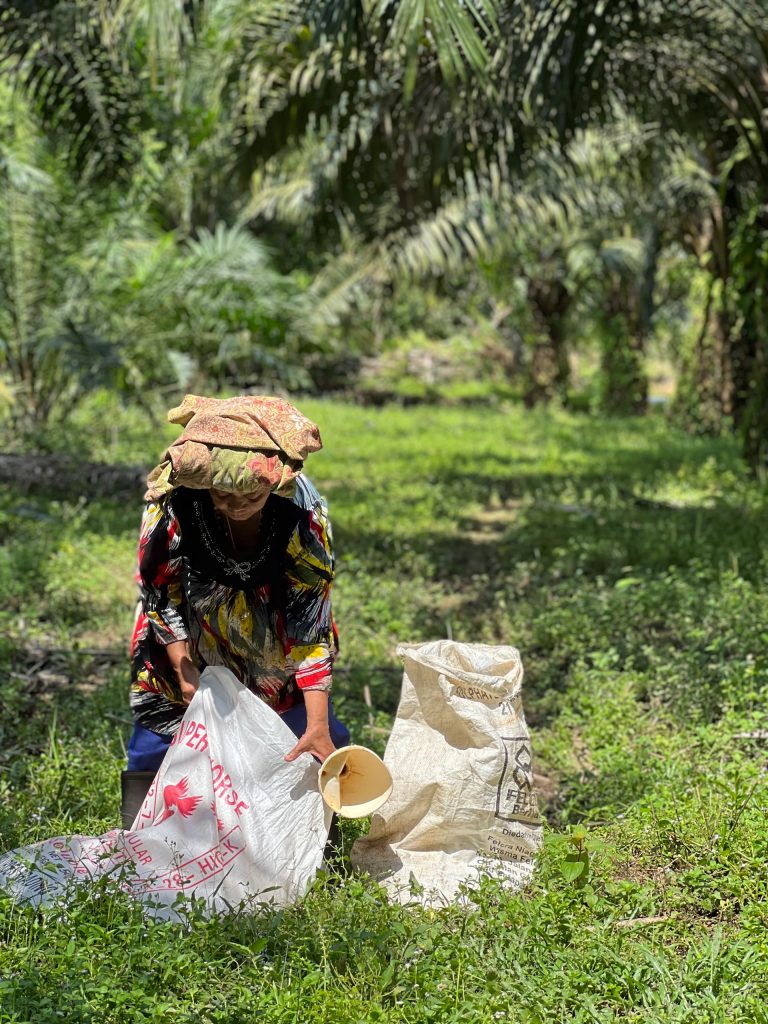
MS2530- MALAYSIAN SUSTAINABILITY PALM OIL
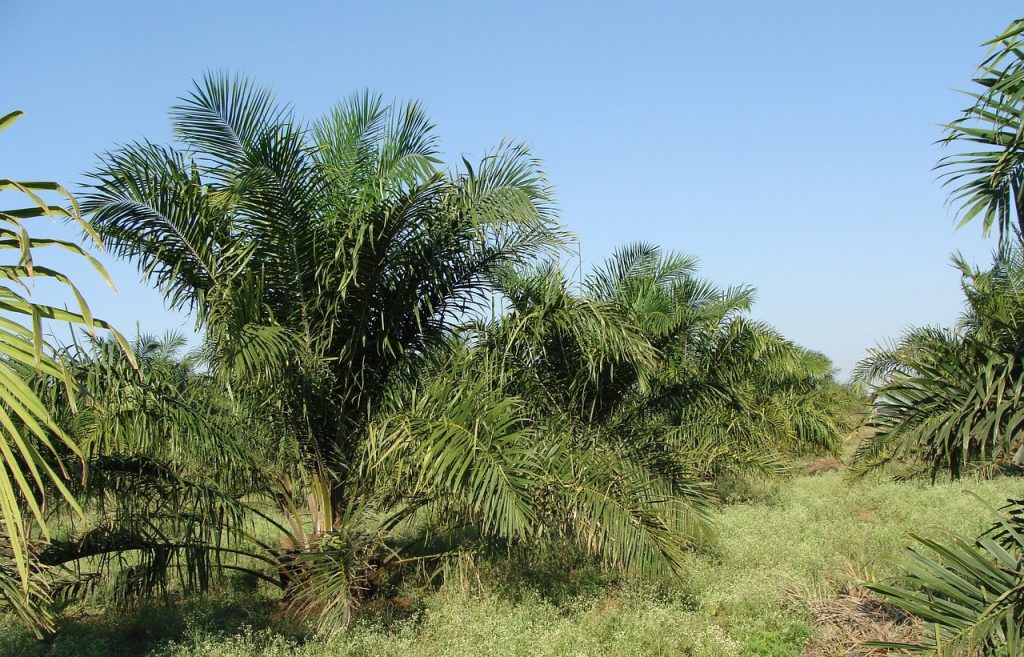
MSPO covers all aspects of palm oil production, from the field to the final product. It includes general principles as well as stringent criteria for all parties involved in palm oil production, from the independent family farmers who tend the trees which produce the oil-rich fruit to the organizations that assist these smallholders to the palm oil mills which process the oil. The Malaysian Sustainable Palm Oil (MSPO) Certification Scheme is the national scheme in Malaysia for oil palm plantations, independent and organised smallholdings, and palm oil processing facilities to be certified against the requirements of the MSPO Standards.
MSPO Certification Process
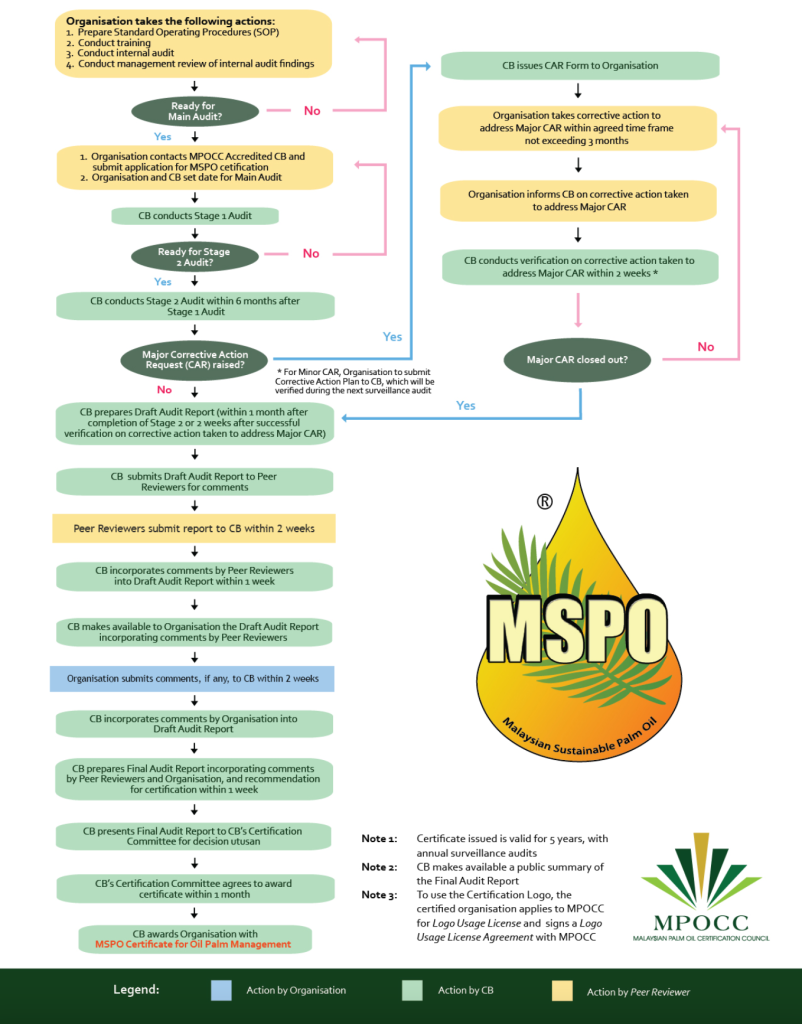
ISO 9001 Certification Process
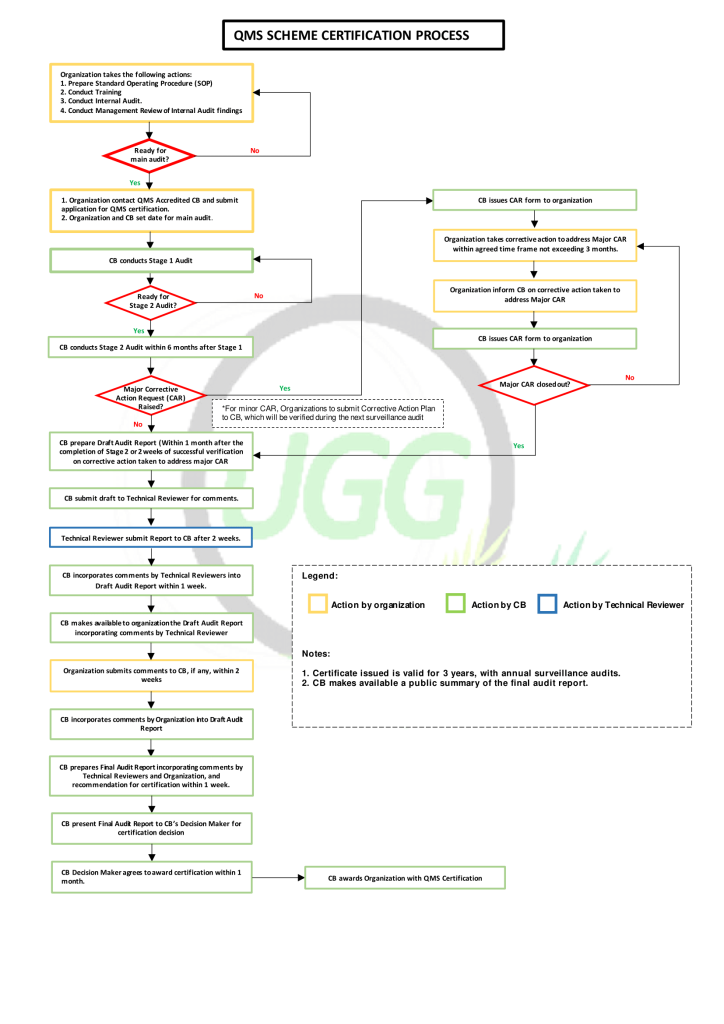
ISO 27001: INFORMATION SECURITY MANAGEMENT SYSTEM

ISO 27001 stands as the globally acknowledged standard for Information Security Management Systems (ISMS), offering a comprehensive framework to safeguard sensitive organizational data. Central to its principles is the meticulous management of information confidentiality, integrity, and availability. At its core lies a rigorous approach to risk assessment and mitigation, necessitating the identification and implementation of suitable controls tailored to the organization's unique risk landscape. Documentation requirements ensure clarity and consistency in information security practices, while top management commitment underscores the imperative of leadership involvement. Regular internal audits and management reviews serve to continually assess and refine the effectiveness of the ISMS, fostering a culture of ongoing improvement. While certification isn't obligatory, many organizations opt for third-party audits to validate compliance, thereby bolstering trust among stakeholders. Integrating information security seamlessly into broader business processes aligns security objectives with strategic imperatives, ensuring holistic protection of critical assets. In essence, ISO 27001 equips organizations with a robust framework to navigate the complexities of modern information security, instilling confidence in stakeholders and fostering a proactive stance towards safeguarding valuable data assets.
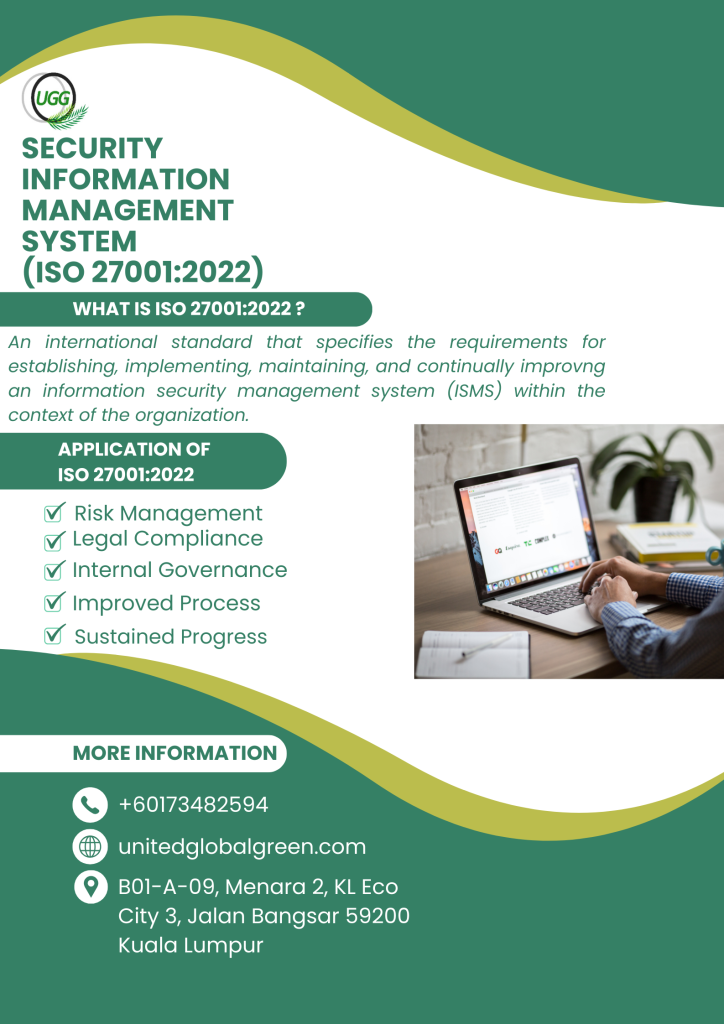

We help you certify your business
We are experienced in providing your business with the essential certifications in order to gain trust in the market and the industry.
Address
KL – Headquaters
B01-A-09, Menara 2, KL Eco City 3, Jalan Bangsar, 59200 Kuala Lumpur
Sabah – Marketing Office
Lot 132 MDLD 3093, Taman Fajar, 91100 Lahad Datu, Sabah
Terengganu – Marketing Office
Jalan Sultan Zainal Abidin, Kampung Ladang Tok Pelam, 2000 Kuala Terengganu, Terengganu
